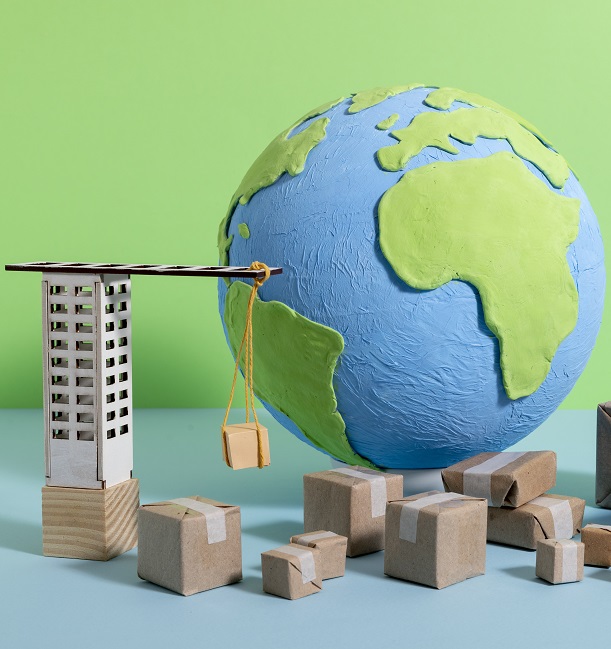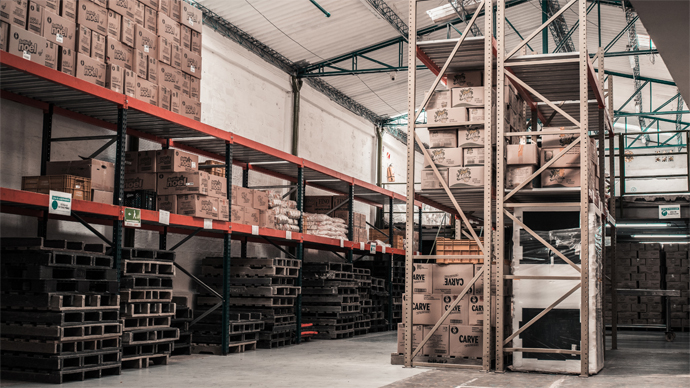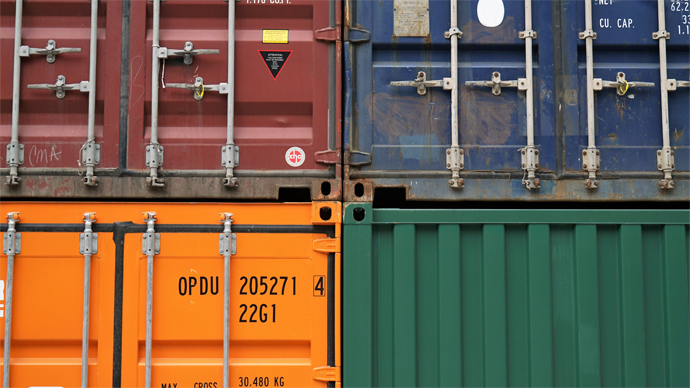
Pre-Production Logistics Activities
Pre-production logistics activities refer to the process by which a manufacturing company procures all the products it needs for the production process from other companies and transfers them to its internal units. At this point, it is crucial for businesses to choose the right suppliers and ensure that the logistics of raw materials are carried out within the necessary plans.
If the transfer of the procured products does not occur under the planned conditions and within the planned timeframe, the company may be forced to reduce its production capacity, leading to losses. Additionally, products that cannot be produced on time may cause issues with contracted institutions, making it essential to carefully plan pre-production logistics processes.
Supplier Sourcing
The first step in the flow of pre-production logistics activities starts with the supply request. Depending on the purchasing process management of the organization, this step can be done electronically, in writing, or by phone. The activity processes are as follows:
» Identifying and Analyzing Needs:
Pre-production logistics activities begin at this stage. Certain goods and services are required for the operation of a department or business unit. The purchasing unit identifies the raw materials, semi-finished products, and necessary equipment that will be used in production.
» Supplier Analysis and Selection:
This step involves determining a list of potential suppliers for the necessary needs. Suppliers are evaluated based on price, quality, reputation, reliability, customer service, and other relevant criteria. The evaluation process can be as simple as a quick internet search or may involve months of structured analysis. Supplier analysis holds a crucial position in pre-production logistics processes because choosing the wrong supplier can disrupt the entire production process. After selecting a supplier, the contract negotiation stage follows.
» Contract Process:
Contracts can be quite simple or contain as much detail as needed. It is essential to review payment terms, warranties, indemnity provisions, and other legal matters for significant purchases. If there are any implementation services included as part of the contract, it's important to ensure that schedules, delivery timelines, the scope of work, and other activities are well understood. After the contract is finalized, pre-production logistics processes continue with procurement.
Procurement
The procurement processes can be listed as follows:
» Ordering and Supply:
At this stage, the purchasing or finance department generates a purchase order. The purchase order is then sent to the supplier. The purchase order includes detailed terms and conditions, delivery dates, payment schedules, and customs procedures. Depending on the negotiated terms, payment may be made before or after the order is fulfilled.
» Invoicing:
The supplier sends an invoice that lists the ordered products, their prices, and final payment dates. Both parties’ accounting departments maintain records by matching the invoice with the purchase order to ensure consistency and accuracy.
Acquisition
» Delivery Inspection and Inventory Management:
Pre-production logistics processes continue with delivery. The supplier delivers the promised goods or services within the prescribed timeframe and in accordance with the contract terms. Upon arrival, the buyer inspects the order and notifies the supplier of any issues. The buyer organization has a limited time to inspect the delivery and report any discrepancies, such as missing items or quality issues, to the supplier.
» Payment:
Once the order is confirmed, the finance department makes the payment according to the terms outlined in the contract. After the payment is processed, both parties maintain records for accounting and auditing purposes.
» Documentation:
Storing and documenting all records through invoices helps facilitate any future audits without issues. These records also assist in monitoring and optimizing spending and production management.
Storage for Production
Pre-production logistics processes conclude with storage in the final stage. During this stage, it is crucial not to neglect detailed planning for the following questions:
Important details like these are addressed in this stage. If storage is not conducted under appropriate conditions, it can disrupt the production process, making a professional pre-production logistics planning essential. You can reach professional support for your pre-production logistics activities through Dealti Logistics.
Digital Marketing and Social Media Strategies for E-Export Businesses
What are Pre-Production Logistics Activities?

Production logistics encompasses all the steps a company takes to move its products from the production process to the final consumer. This process extends from material procurement to product stor...

Pre-production logistics activities refer to the process of the manufacturing company procuring all the products it needs for the production process from other companies and transferring them to it...

Pre-Production Logistics Activities
Pre-production logistics activities refer to the process by which a manufacturing company procures all the products it needs for the producti...